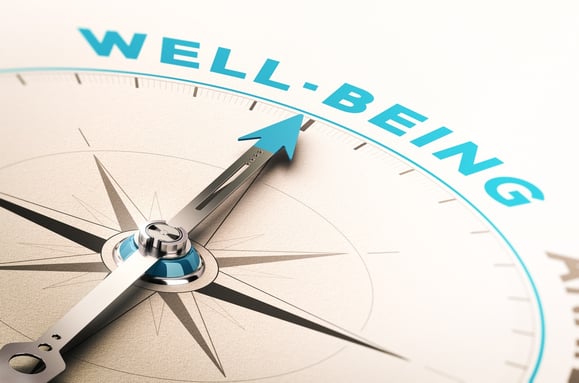Stopping the Stigma Against Mental Health Claims in Workers Comp

Yesterday, IWP had the pleasure of attending the Mental Health and Workplace Well-being conference in Boston, Massachusetts. This event, which was sponsored by The Alliance of Women in Workers' Compensation, brought together industry stakeholders from various backgrounds with one common goal – creating awareness for mental health issues within the workers' compensation.
The afternoon kicked off with speaker Bryon Bass, SVP, Disability Absence and Compliance at Sedgwick, recognizing how employee’s mental well-being is just as important as their physical well-being. Mental health has become one of the most costly conditions, costing approximately $80-100 billion annually. As employees work more hours and become less engaged, their mental health can be affected.
If your work environment impacts your mental health, how does workers’ compensation tie in? As VP, Communications and Strategic Analysis at Safety National, Mark Walls, explained, workers’ compensation has been resistant to mental health claims in the past. In regards to workers’ compensation claims, you can divide them into three categories:
- Physical-Mental Claim: Physical injury manifesting into a mental condition, such as depression or anxiety. For example, if an injured worker lost the use of a limb during a work injury, he or she may become depressed or experience PTSD.
- Mental-Physical Claim: Physical injury occurring because of a mental stimulus. For example, an employee suffering a heart attack or stroke after a traumatic workplace experience.
- Mental-Mental Claim: Mental disability, without experiencing a physical injury. For example, a first responder may have a mental-mental claim after witnessing a death.
Until now, mental-mental claims have been viewed in a different light and have a much higher burden of proof. As Attorney Alan Pierce of Pierce, Pierce, & Napolitano explained, mental-mental cases are difficult to prove and often have their own set of challenges. As of 2017, five states are considering PTSD coverage for first responders, including Connecticut who has failed to pass similar bills in the past few years, while many states still outlaw mental-mental claims in workers’ comp.
How do we change well-being in the workplace for the better? The panelists summed it up very simply – treat the whole person. Both physical and mental components should be assessed in order to have better outcomes overall.
This theme carried over into the conference’s second session, Addressing Mental Health in Workers’ Compensation. This session explored how employers like Walt Disney World and Albertsons Companies focus closely on their employees’ overall health. Both companies employ workplace wellbeing initiatives like Employee Assistance Programs (EAP), which provide employees, or cast members in Disney’s case, with confidential counseling, stress management, and grief support for any workplace or personal issues. In addition to EAP, fitness centers, onsite medical facilities, and dieticians also help these employers create better health and wellbeing in the workplace.
What stood out most during this session was the clear shift from controlling costs to an employee-centric model. Both companies shared a similar approach to handling the aftermath of an injury – and neither revolved around worrying about medical care costs. Their simple, informal approach centered around speaking with the injured worker to make sure they were okay. A simple “I’m sorry” and post-injury care calls can have injured workers feeling more confident in job security and give them hope for a speedy recovery.
While Walt Disney World and Albertsons Companies employ thousands of people, you don’t need to be a large company to drive home both mental and physical wellness initiatives with your workforce. By making tools available to your team and relying on early identification and prevention techniques, your workforce just may be a healthier one.
No matter what their role, panelists and moderators continued to shed light on the importance of stamping out the stigma of mental illness in workers’ compensation. While this may be just the beginning of mental health in workers' compensation, discussions and groups like this make for a promising future for injured workers across the country.
Other Posts You Might Be Interested In
Subscribe to email updates
Stay up-to-date on what's happening at this blog and get additional content about the benefits of subscribing.


